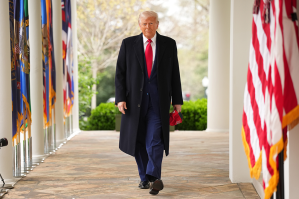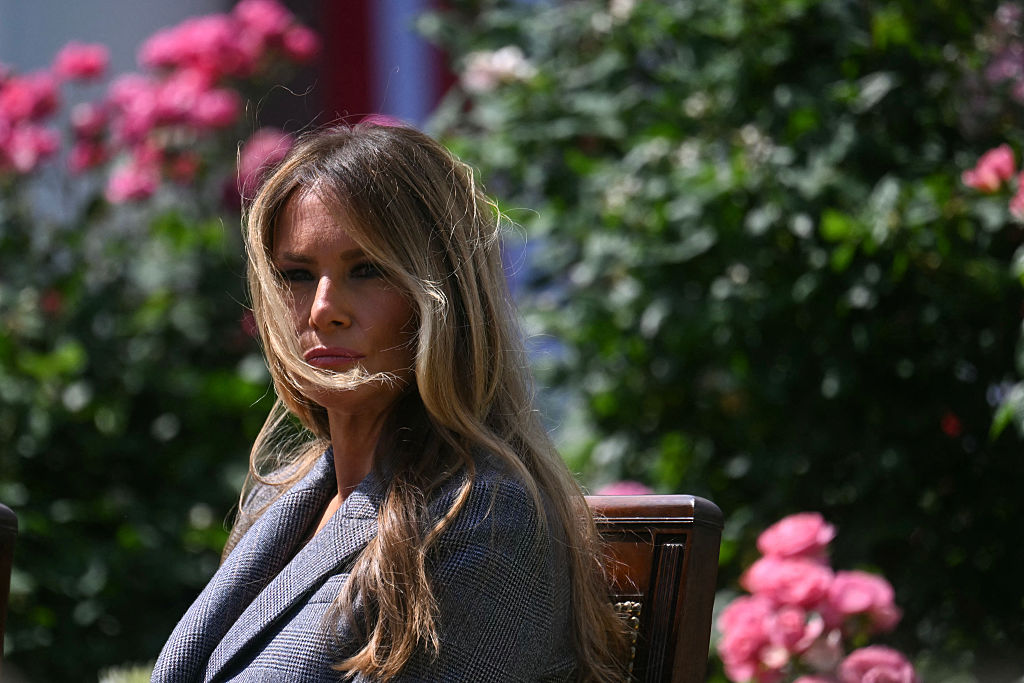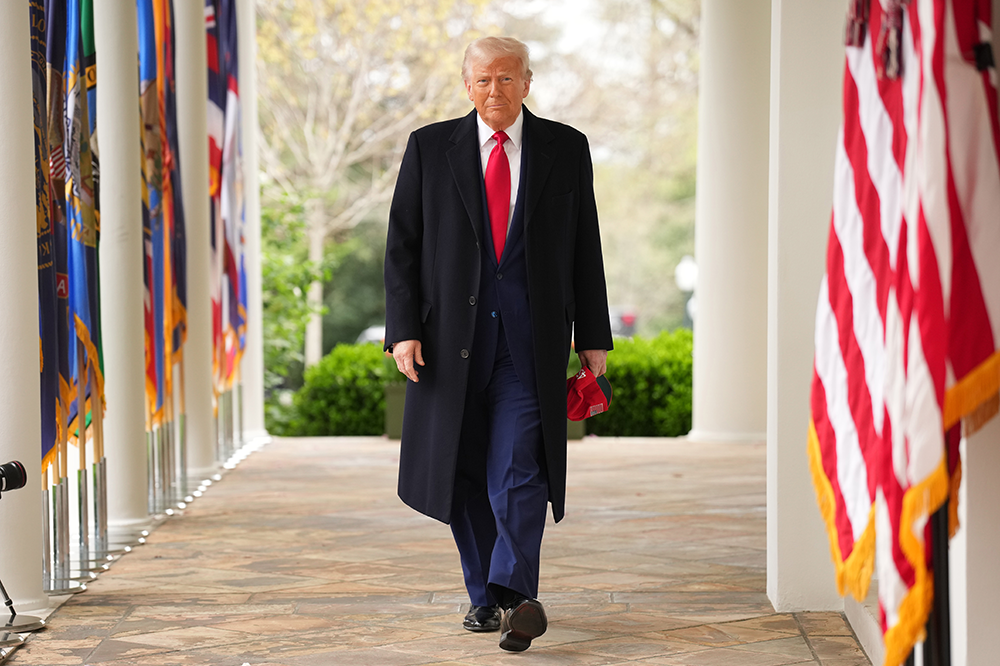Selling books through Amazon is now part and parcel of a working author’s life. It would be a brave writer who decided that to refuse to allow their work to be sold through earth’s biggest retailer. But that is exactly what Dave Eggers has done with his new book, The Every, which he has decreed can only be purchased from independent bookstores.
Sorry, Jeff Bezos; this one’s not for you.
Eggers has form in this regard. His 2013 satire The Circle took aim at a monolithic social media and tech corporation run by a faux-messianic CEO (if you’re thinking Bezos meets Zuckerberg, you’re not wrong), and now its follow-up The Every continues the idea, but takes it to even more ridiculous heights. The corporation now controls online retail, social media and search engines, making it instrumental to everyone’s daily life. If you can imagine a Facebook-Google-Twitter-TikTok mélange, you’ll have some idea of Eggers’s target.
It is appropriate, therefore, that he has made a stand against the dominance of Amazon, which he refers to, dismissively, as ‘The Jungle’. Eggers confessed in a recent interview with the Los Angeles Times that he is something of a tech-averse Luddite, refusing to own an iPhone and continuing to write his books on Quark Xpress, ploughing an increasingly lonely furrow. He commented, ‘The most enlightened and progressive and very aware folks that I know are still wholly participating in the aggregation of power among this handful of companies.’ Time, then, for someone to say their piece.
Although Eggers has never quite recaptured the extraordinary success of his first book, A Heartbreaking Work of Staggering Genius, he remains a prolific and engaged figure in the American literary firmament, with many bestselling novels and works of non-fiction to his name. Therefore it is hard to dismiss his decision to eschew Amazon as simply a quixotic act of rebellion by a washed-up has been. Instead, it places the onus on other writers to decide if they, too, wish to continue to be complicit in selling their books at a reduced rate through a global conglomerate, or if they would prefer to support their local independent bookstore through their work. If, of course, they still have one.
Arguments can be made for Amazon’s impact on the world of publishing, as well as against it. But its dominance of the industry is now so complete that it would take — no offense, Mr Eggers — one of the few mega-selling authors writing today refusing to sell their books on it to make any kind of difference. And even if James Patterson, J.K. Rowling and Stephen King all united in protest, there would still be plenty of other lesser-known writers who believe that selling their books through a mega-outlet — whatever its less savory aspects – is a necessary evil in order to reach readers.
There is an irony in that Tom Hanks, who played the CEO in the film of The Circle, also appeared in the 1998 romantic comedy You’ve Got Mail as an entrepreneur in charge of a chain of vast bookstores. Back in the late Nineties, the greatest tension that screenwriters could imagine was between the mom ‘n’ pop independents and the corporate behemoths. But now, with Borders long gone and Barnes & Noble the last remaining major chain (and given some respectability by the British bookseller James Daunt as its CEO), the battle is now between brick and mortar institutions of any size and the faceless algorithm-based world of Amazon.
Eggers has struck a much-needed blow against homogeneity and in favor of individuality. We’ll soon see if he’s had any impact, or whether, Canute-like, he’s impotently waving his feet in the digital tide, waiting to be swallowed up by progress. For the good of the industry, let’s hope he has made a difference.

























